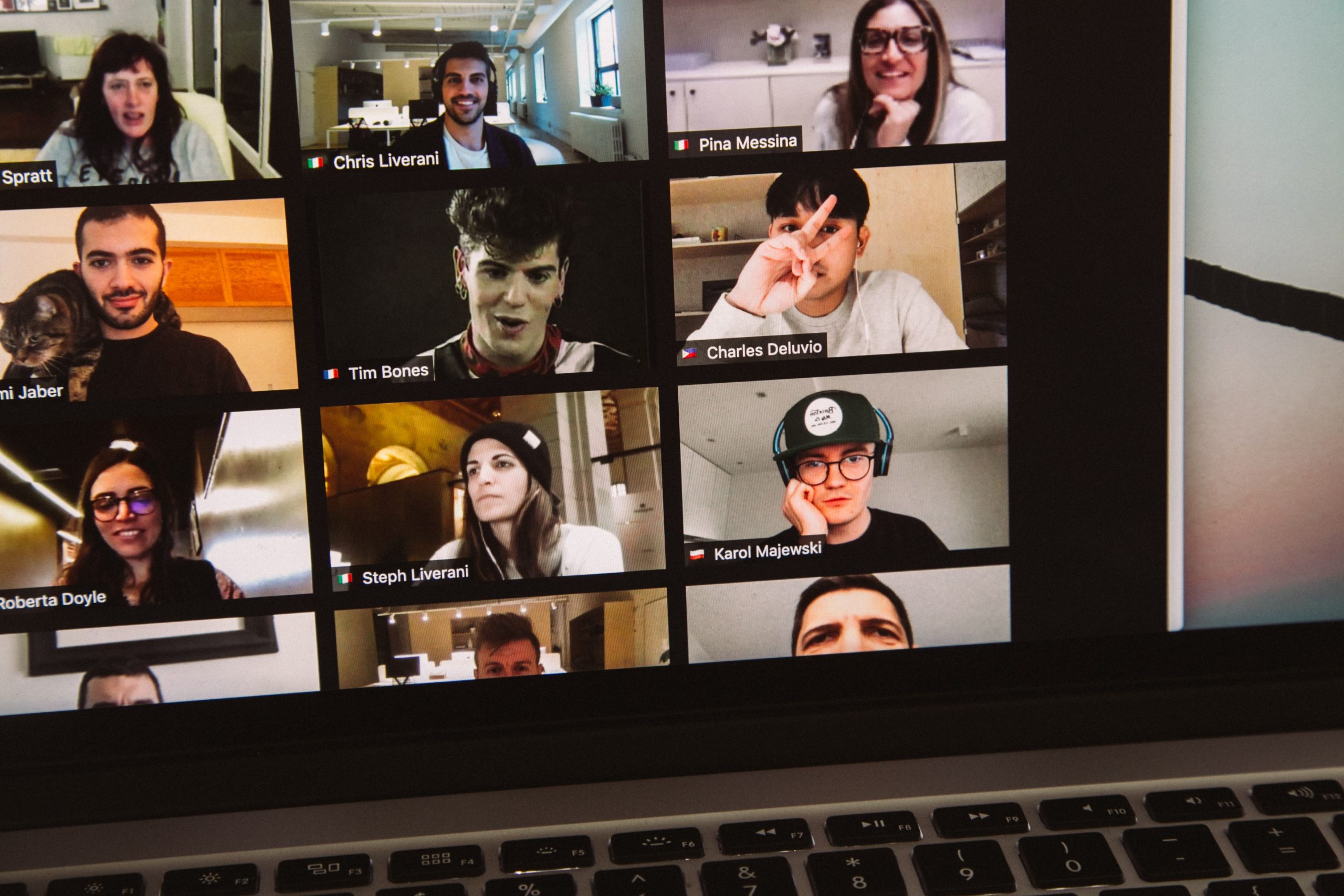In the wake of a global pandemic, profound shifts have transformed the psychological landscape of work, and in turn, the demands placed on our mental health. This article explores the psychological dimensions of the new working world, giving insights and actionable strategies that HR teams can implement to create workplaces that foster optimal performance, growth, and positive mental health.
The traditional workplace, once characterised by physical proximity and structured routines, has undergone a remarkable transformation that has given rise to a new era of remote work, hybrid models, and flexible arrangements. Many businesses have implemented some form of flexibility to help workers take more time for themselves while maintaining high productivity. It has allowed businesses to respond to diversified employee needs, by allowing working parents to work flexibly, for example, or allowing employees to save time on commuting.
However, disadvantages of this new way of working, especially remote and hybrid working, have been noted, including: loss of support from colleagues’, reduced autonomy due to others’ unrealistic expectations regarding ones availability, and compromised work-life balance due to blurred boundaries between work and home life. Poor work-related mental health has also been found to be a consequence due to higher levels of isolation and mental demands, a problem that in 2016 resulted in 16 million lost working days in the United Kingdom, and costs £65 billion to the economy annually, equivalent to 3% of the GDP.
The psychological impact (e.g., work engagement, fatigue, work-life balance) of remote and hybrid work can be incredibly diverse, positive, and negative, with everyone having a different experience. So, what can HR teams do to create workplaces that foster optimal performance, growth, and positive mental health for all? Four possible actions include driving social interaction, providing clear and open communication, stress management, and building resilience and adaptability.
Drive social interaction
Given the increase in remote and hybrid working, driving social interaction is more important than ever in the modern workplace. Collaboration and teamwork are not just beneficial for businesses, they also help to facilitate the exchange of ideas, knowledge sharing, and problem-solving. When employees feel comfortable interacting and collaborating with one another, it not only enhances team cohesion, productivity, and the quality of work outcomes, but also boosts self-purpose and wellbeing. But when there is a rock in the cog, the wheel refuses to turn. If there is something negatively impacting collaboration – such as ineffective virtual meetings caused by poor communication – we may find employees feeling less motivated at work, thus negatively impacting their personal wellbeing.
Psychological safety is also crucial in driving social interaction and fostering open communication and innovation. It is important for HR teams to create a safe environment by promoting a culture that values diverse perspectives, encourages constructive feedback, and supports risk-taking. This means businesses should focus on diversity, equity and inclusion strategies to gain diverse perspectives, but also ensure managers are trained to be respectful and open-minded to hearing different ideas and approaches. Establishing channels for anonymous feedback or suggestion boxes can also help here, as it will provide employees with an additional avenue to express their thoughts without fear of repercussions.
Provide clear and open communication
So, you might be thinking, that’s great, but how can we know employees are okay via a screen? Indeed, remote or hybrid working, can hinder psychological safety. Unclear expectations and blurred boundaries for remote workers can lead to stress, burnout, and reduced performance. HR teams should therefore work with managers and employees to establish clear guidelines on work hours, communication expectations, and state what they expect workers to deliver. They should encourage open conversations about workload and provide flexibility within reasonable limits to help employees better manage their work-life balance and prevent mental strain.
Stress Management
For employees where work-life boundaries become hazy, managing stress is vital. Stress can be detrimental to the social wellbeing of employees, productivity, and organisational performance, and research has outlined three different types of intervention to support with stress management: primary, secondary and tertiary, all of which organisations should offer regardless of whether employees work from home or at the office.
Primary interventions are preventative and may be enacted by redesigning a task or work environment, creating more flexible work schedules, or building cohesive teams, among others. Secondary interventions focus on detection and increasing awareness of stress and how to handle it, potentially through education. Tertiary interventions focus on treating those who have suffered from poor mental or physical health due to stress. This can be via employee assistance programs or offering counselling services that help employees cope with stress.
Build resilience and adaptability
A big part of fostering a happy workforce is ensuring there is plenty of room for growth and development and the new working world demands resilience and adaptability. Offering the usual career-enhancing courses definitely helps, but I would also argue that insights into managing emotional resilience is also beneficial for both the organisation and its people. For example, managers can help their employees increase emotional resilience or self-efficacy—as research has shown it has definitively improved performance. Workplaces can do this by bringing in an outside expert, using personal example models or taking ownership of strengths and daily achievements at work.
HR professionals must recognise that employees’ emotions play a vital role in shaping their expectations and behaviours at work. By fostering empathy, active listening, and open communication, we can gain insights into employees’ emotional needs and tailor support systems accordingly. These approaches will not only allow HR professionals to position themselves as strategic drivers of success, pushing their organisations forward by attracting, nurturing, and retaining the best talent, but also fostering positive mental health throughout the organisation.









